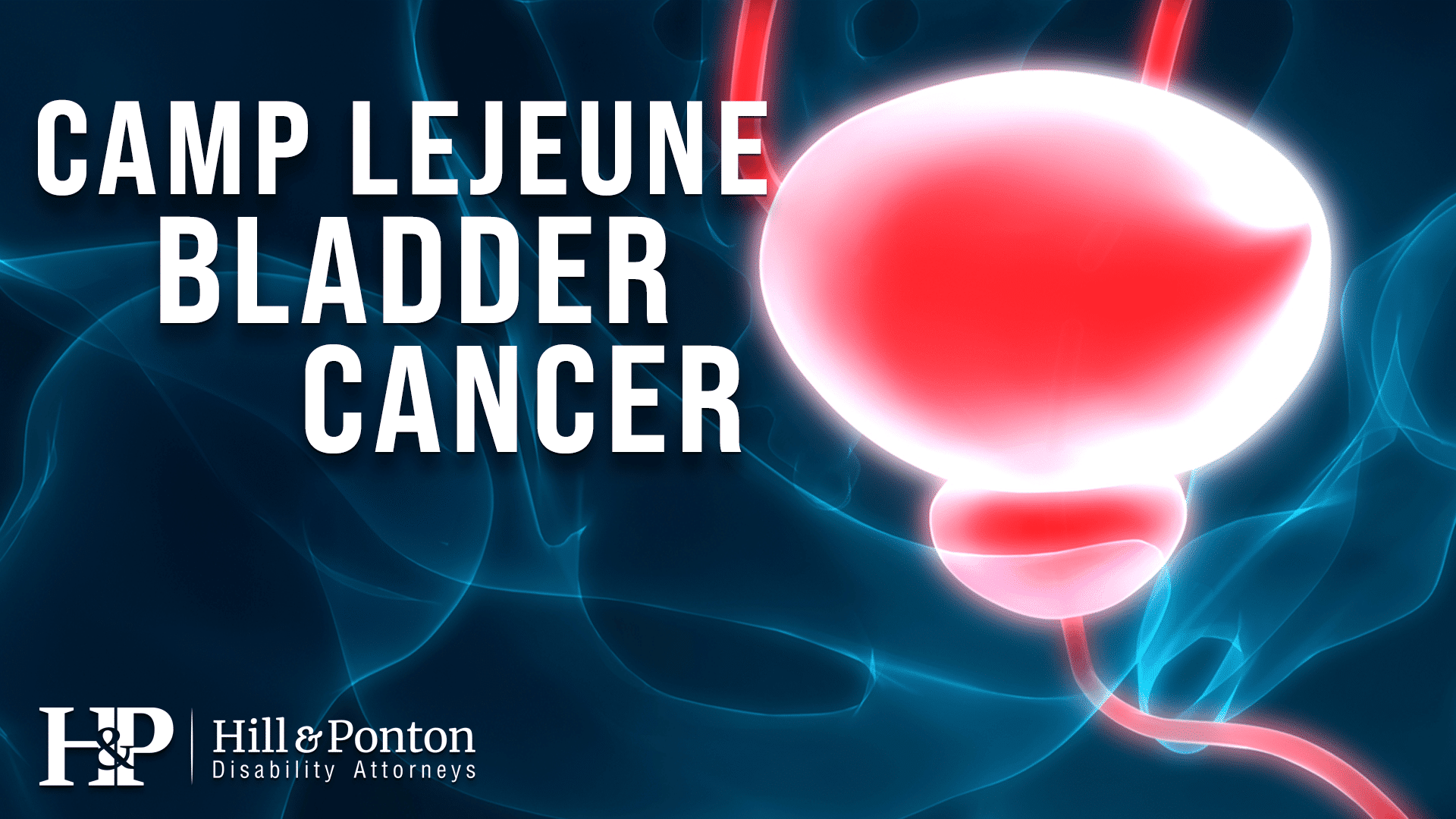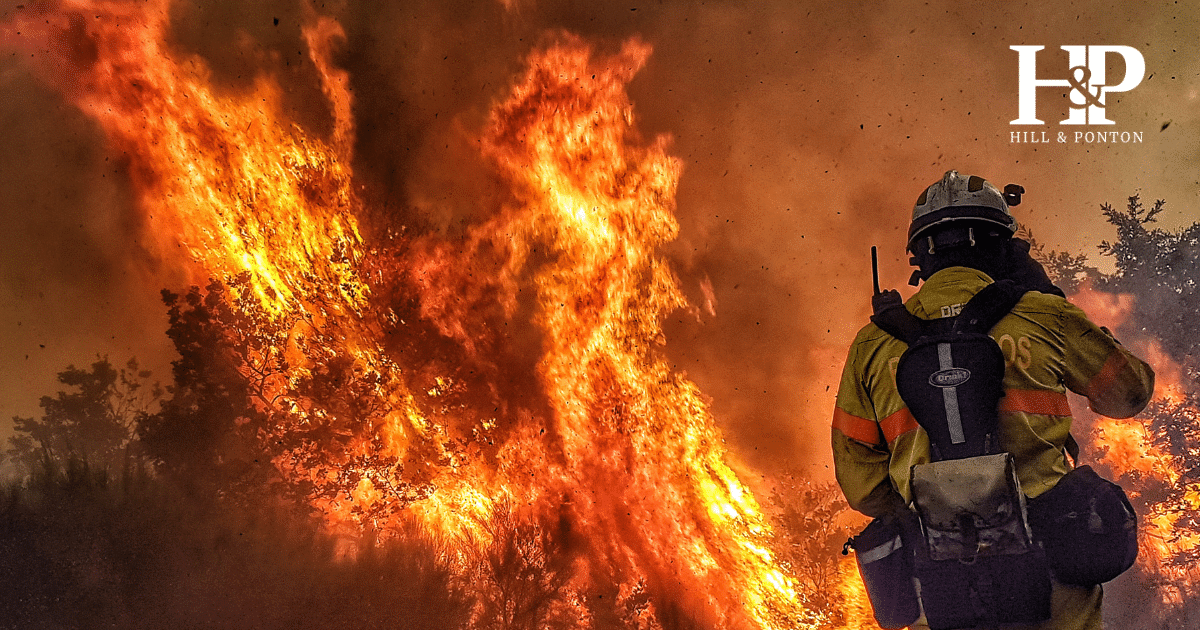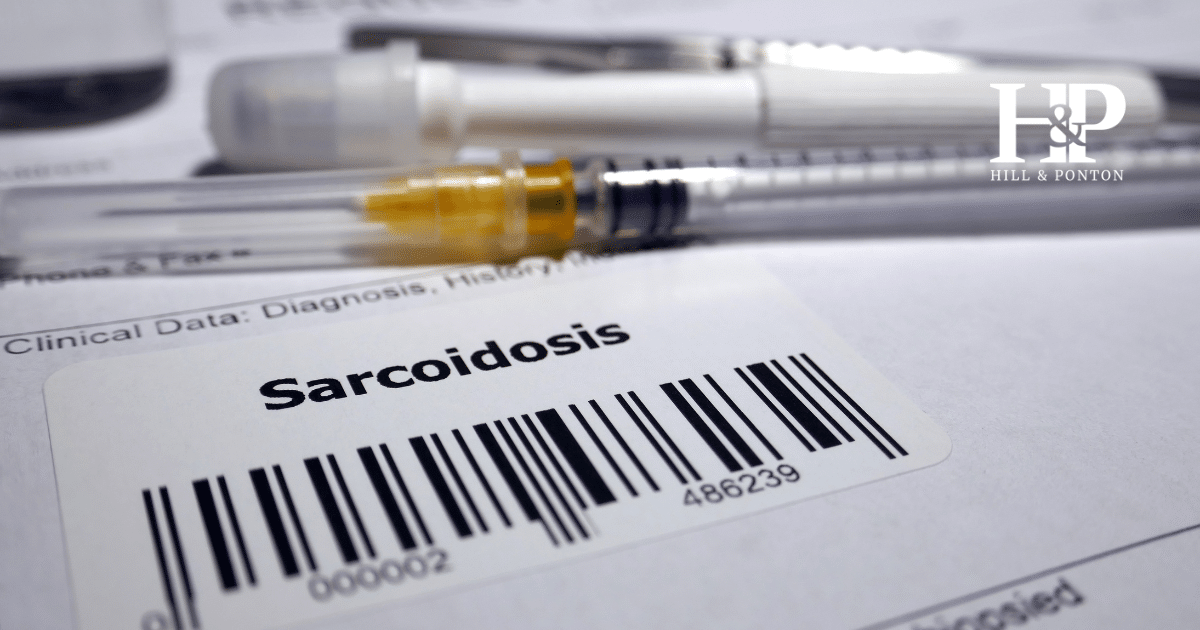For over three decades, from 1953 to 1987, a silent yet dangerous threat loomed over the U.S. Marine Corps Base Camp Lejeune in Jacksonville, North Carolina. Unbeknownst to many, service members, civilian workers, and their families were being exposed to toxic drinking water—leading to health challenges that still persist today.
Among the myriad of health issues associated with this exposure, bladder cancer stands out as a particularly concerning consequence.
Bladder Cancer and Camp Lejeune
The history of Camp Lejeune is not just a tale of military training and preparation, but also one of potential health dangers resulting from contaminated drinking water.
The linkage between bladder cancer and exposure to the toxic water at Camp Lejeune further underscores the gravity of the issue.
The VA has identified that individuals stationed at Camp Lejeune or MCAS New River from August 1953 through December 1987 might have encountered exposure to contaminated water.
Two specific on-base water wells have been pinpointed by the CDC as potential contamination sources.
These wells housed a cocktail of hazardous chemicals:
- Trichloroethylene (TCE)
- Perchloroethylene (PCE)
- Trans-1
- Dichloroethylene (DCE)
- Benzene
- Vinyl chloride
Additional compounds were identified, emphasizing the extensive nature of the contamination.
By 1985, the gravity of the situation was undeniable, leading to the discontinuation of the wells’ operation.
The root cause of this contamination was traced back to a nearby dry cleaner, situated outside the base’s boundaries.
Faulty disposal practices allowed dangerous toxins to seep into the water supply, thus exposing not only military personnel but also civilian workers to significantly high toxin levels.
About Bladder Cancer
Bladder cancer is not a rarity in the United States. Despite being a common cancer, its underlying etiology remains somewhat elusive.
The ailment primarily targets the bladder, with a predilection for its lining, and over time, can go undetected until reaching advanced stages.
Like other malignancies, bladder cancer arises from the unchecked proliferation of rogue cells.
In this scenario, these erratic cells lead to the formation of tumors within the bladder, subsequently hindering its normal functioning.
Healthy bladder cells are outnumbered and overshadowed by their malignant counterparts, leading to deteriorating bladder function.
A particularly alarming facet of bladder cancer is its potential to metastasize.
Once it begins its invasion into other bodily regions, treating and containing the malignancy becomes an uphill battle.
The etiology of bladder cancer can be multifactorial.
While some instances might have a genetic underpinning, others can be attributed to environmental exposures.
Yet, it’s crucial to note that not everyone exposed to harmful contaminants develops bladder cancer.
Also, diverse cancer types and illnesses have been reported due to exposure.
Recognizing the Symptoms of Bladder Cancer
As with many diseases, early detection plays a pivotal role in managing and possibly curing bladder cancer.
The initial manifestations generally arise as the condition progresses:
- Hematuria (blood in the urine)
- Unexplained pelvic discomfort
- Pain during micturition
- Backache without an evident cause
- An increased urinary frequency, sometimes more than hourly
- A sensation of incomplete bladder emptying post-urination
Recognizing these symptoms and seeking prompt medical intervention can potentially lead to early diagnosis, thus improving the prognosis for affected individuals.
Am I eligible for VA disability compensation?
You may be eligible for disability compensation payments on a presumptive basis if you meet all of these requirements.
These requirements apply to Veterans, Reservists, and National Guard members.
Both of these descriptions must be true:
- You served at Camp Lejeune or MCAS New River, North Carolina, for at least 30 days total between August 1, 1953, and December 31, 1987, and
- You didn’t receive a dishonorable discharge when you separated from the military
And you must have a diagnosis of 1 or more of these presumptive conditions:
- Adult leukemia
- Aplastic anemia and other myelodysplastic syndromes
- Bladder cancer
- Kidney cancer
- Liver cancer
- Multiple myeloma
- Non-Hodgkin’s lymphoma
- Parkinson’s disease
Evidence shows a link between these conditions and exposure to chemicals found in the drinking water at Camp Lejeune and MCAS New River during this time.
If you resided at Camp Lejeune or MCAS New River, North Carolina, you also may be able to participate in the class-action lawsuit under the Camp Lejeune Justice Act of 2022.
Can I also get health care benefits?
Yes. If you meet the service requirements for Camp Lejeune, you may be eligible to enroll in VA health care.
If you have any of the 15 covered health conditions listed here, you won’t have to pay a copay for care for that condition.
Here are the 15 covered conditions related to Camp Lejeune:
- Bladder cancer
- Breast cancer
- Esophageal cancer
- Female infertility
- Hepatic steatosis
- Kidney cancer
- Leukemia
- Lung cancer
- Miscarriage
- Multiple myeloma
- Myelodysplastic syndromes
- Neurobehavioral effects
- Non-Hodgkin’s lymphoma
- Renal toxicity
- Scleroderma
Note: If you also get VA health care for other conditions that aren’t on this list, you may need to pay a copay for that care.
How Hill & Ponton is Committed to Supporting Affected Veterans
The tragic legacy of Camp Lejeune’s water contamination continues to impact countless lives.
However, with the right legal support, affected individuals can seek and secure the benefits they rightly deserve.
At Hill & Ponton, our primary mission is to advocate for veterans’ rights.
We specialize in VA disability benefits, striving tirelessly to navigate the intricate legal processes on behalf of those who served.
If you or a loved one have been affected by the Camp Lejeune water contamination, our lawyers may be able to help win your VA claim.
Reach Out Today: You’ve served our country; now let us serve you.
Call Hill & Ponton at 1-888-477-2363 for professional assistance.
If you’ve been denied VA benefits and need help filing a claim, we’re here to support you.
Don’t delay—contact us and secure the compensation you deserve.
Click the button below to begin your free case evaluation.





